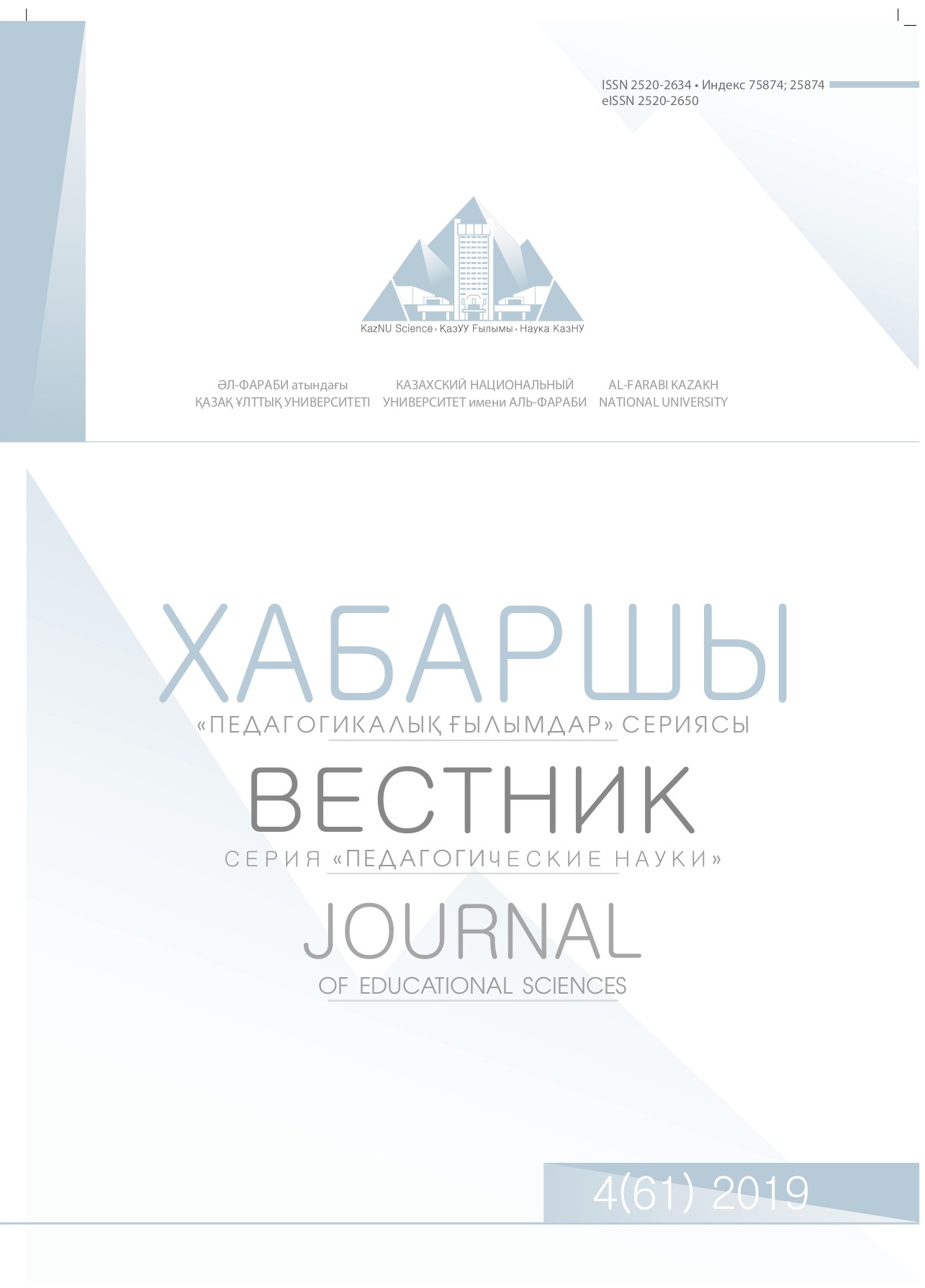Pedagogical Foundations of Learning Parallel Computing
DOI:
https://doi.org/10.26577/JES.2019.v61.i4.014Abstract
Currently, leading countries are considering and paying particular attention to parallel computing as an important area of research.In connection with the digitalization of society, the possibilities of using parallel computing in the practical life of the city are expanding. For example, digital support for urban bus traffic schedules, etc. Therefore, professional training of specialists is required in accordance with modern requirements. The purpose of this work is to determine the pedagogical features, didactic principles and practical implementation in teaching parallel computing at the university. To achieve this goal the following tasks were set. 1. To determine the pedagogical features of teaching high-performance parallel computing. 2. Refinement of didactic principles in teaching high-performance parallel computing. 3. The practical implementation of pedagogical features and didactic principles in teaching parallel computing. In the article, the pedagogical system for introducing special courses is divided into a substantive, organizational and methodological structure. Theoretical and practical basics of introducing special courses on parallel computing, setting up a hardware and software complex of an educational cluster of parallel computing and didactic materials are considered. As a result, the problem of complex computations in solving complex problems is outlined and the training of specialists for the purpose of their application to the future professional activity of graduates of information technologies is envisaged. Key words: parallel computing, parallel computing cluster, information technologies, educational cluster















